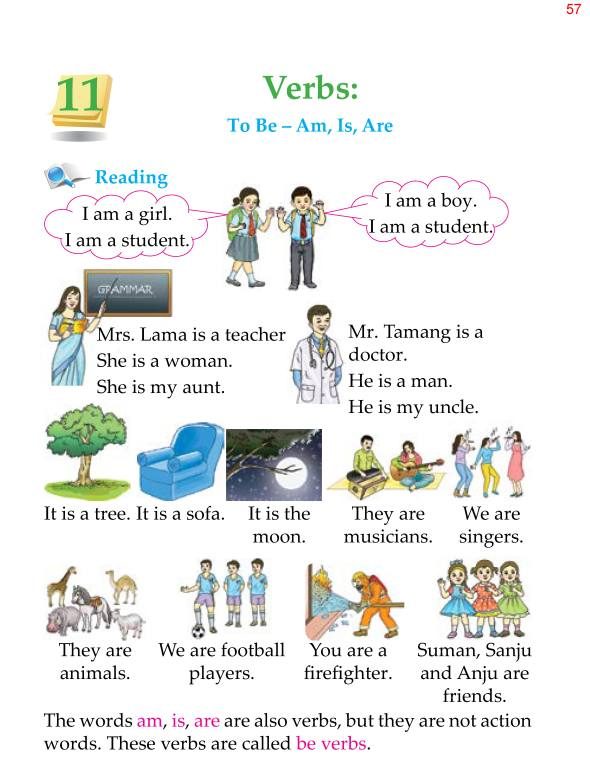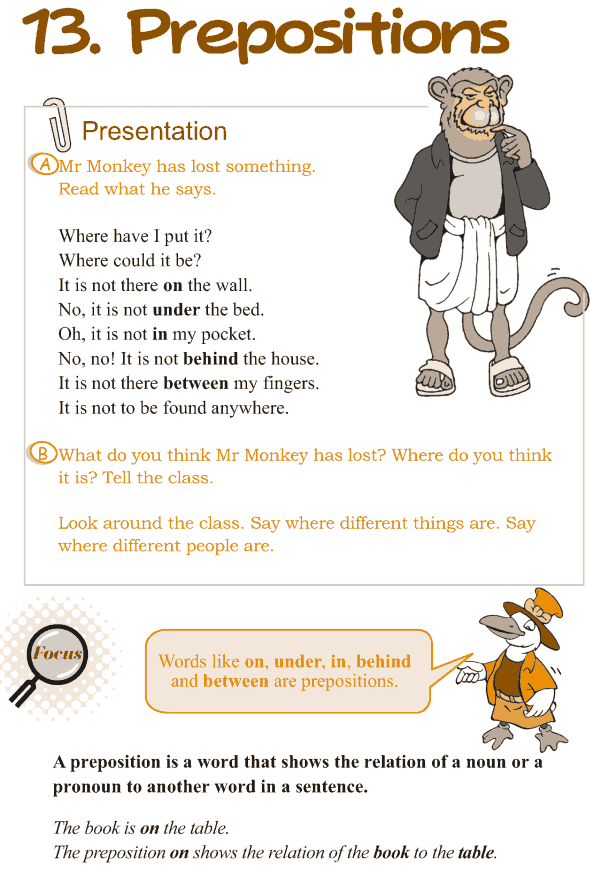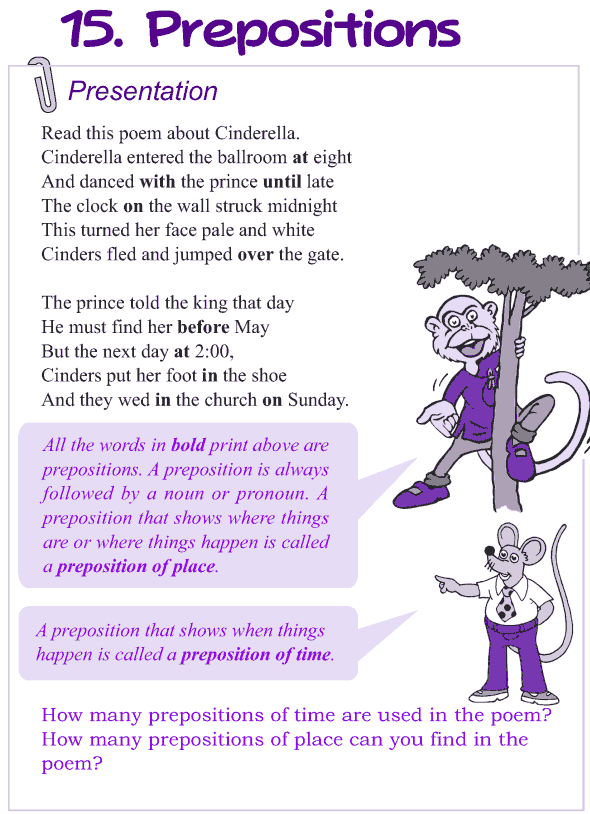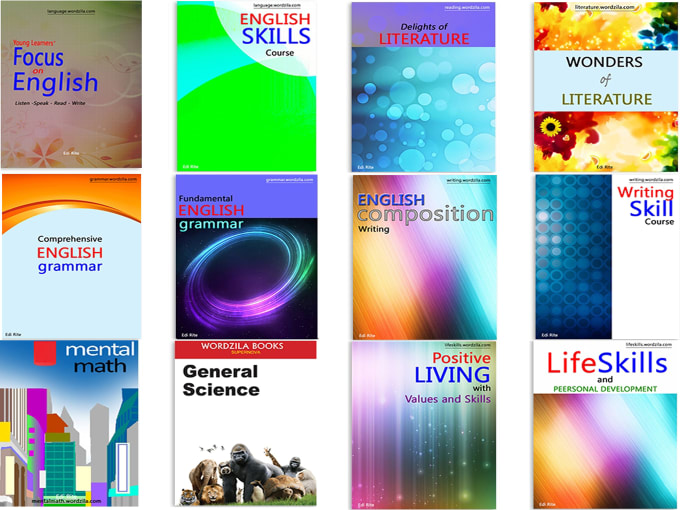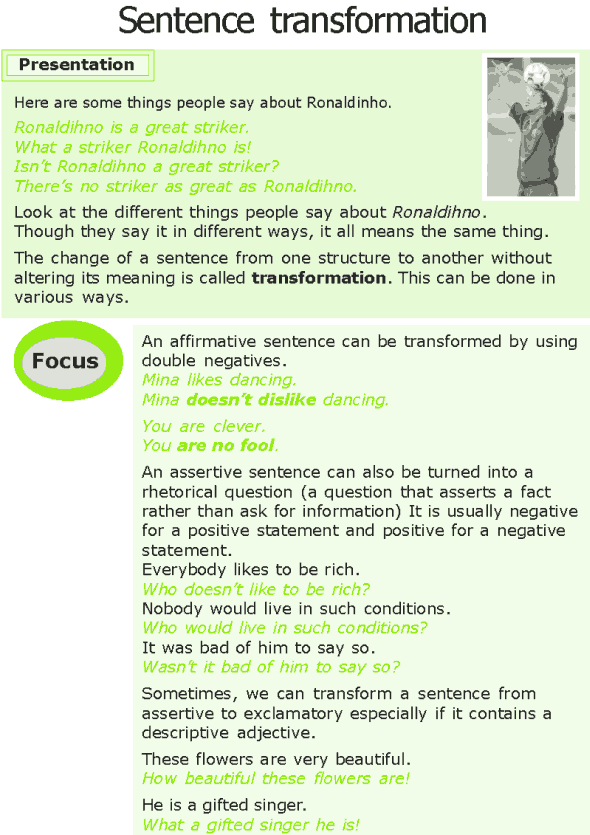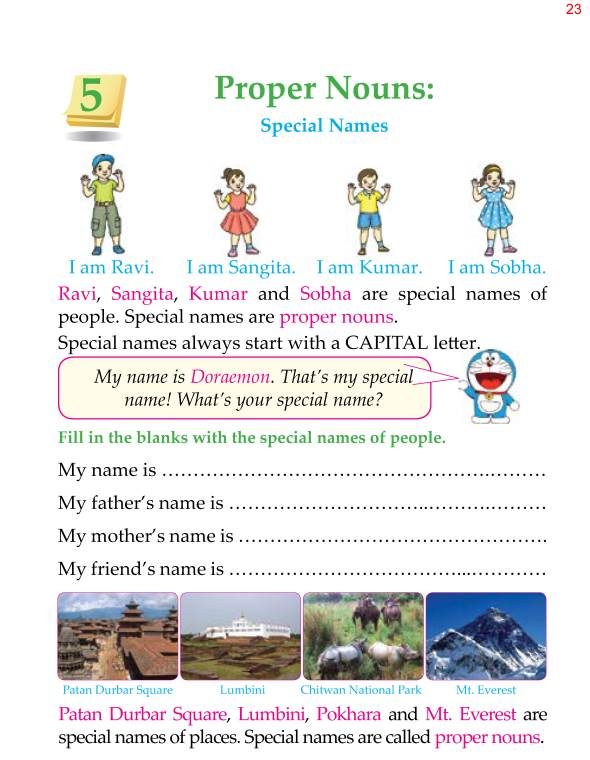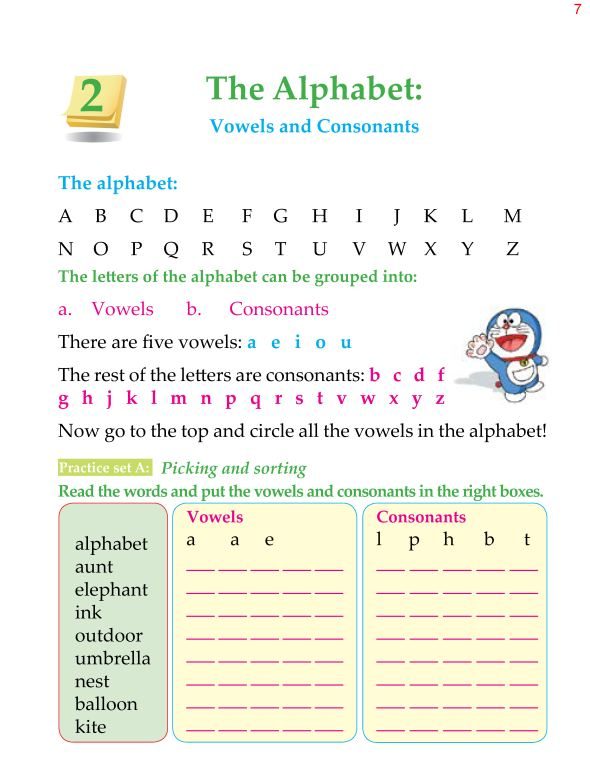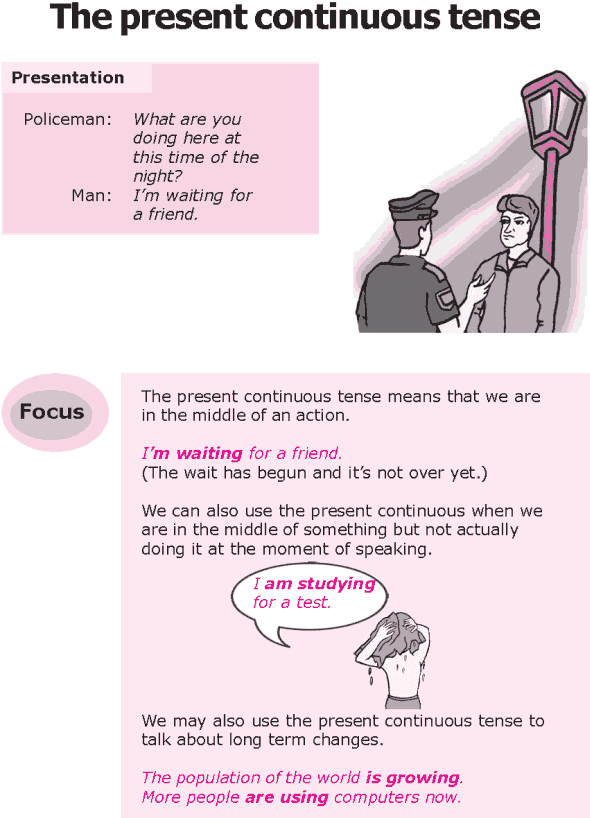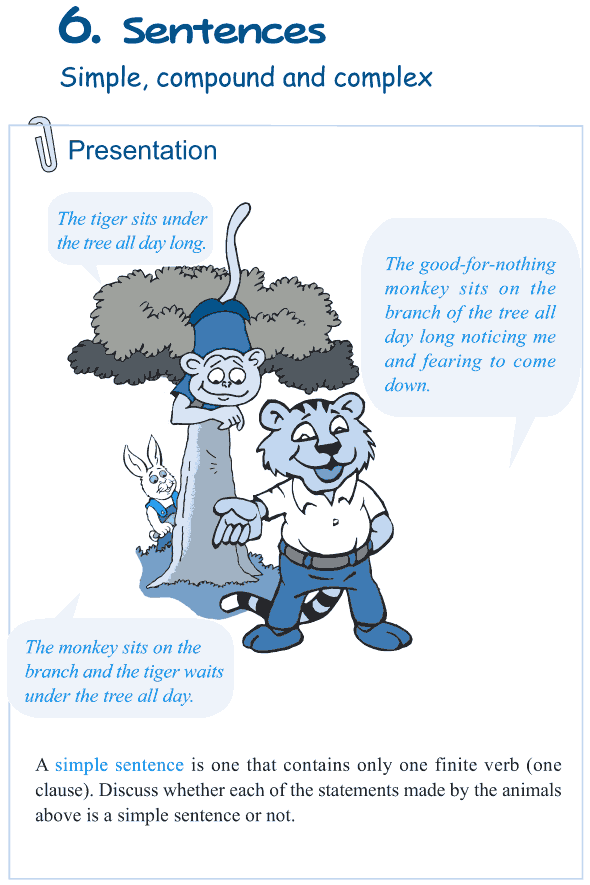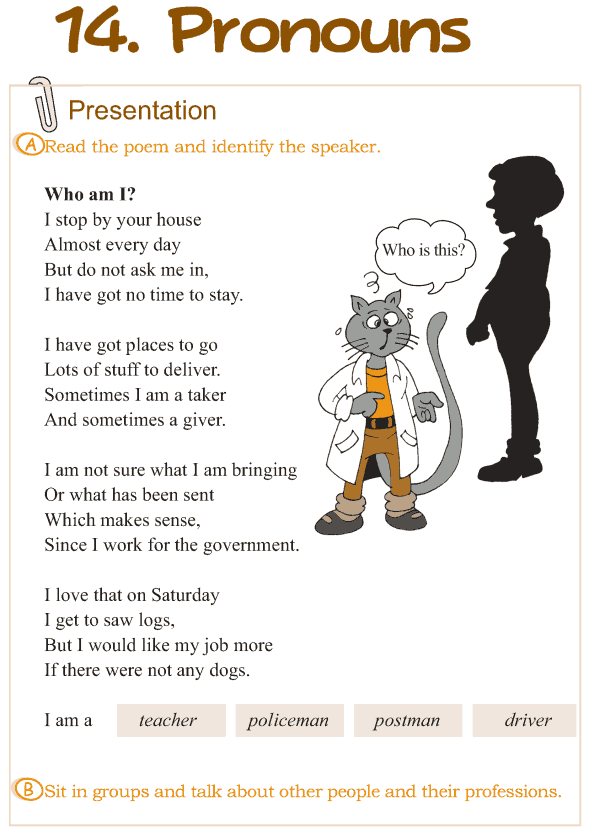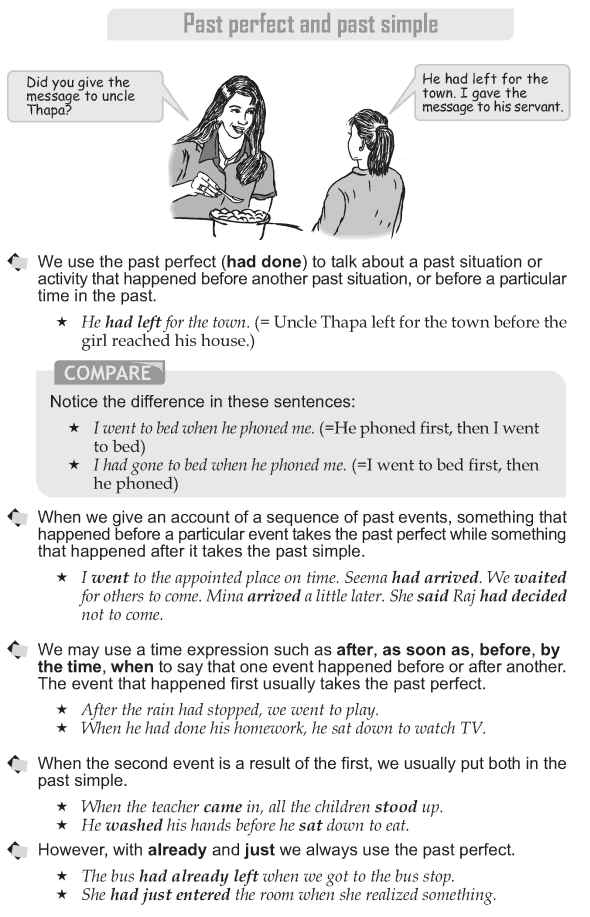 Genre/Topic: Tense
Genre/Topic: Tense
What is the difference in use of the simple past tense and the past perfect tense? What tense do we use with ‘already’ and ‘just’? When we give an account of the sequence of past events, in which tense do we write the event that occurred first? What about the event that happened later on? […]
